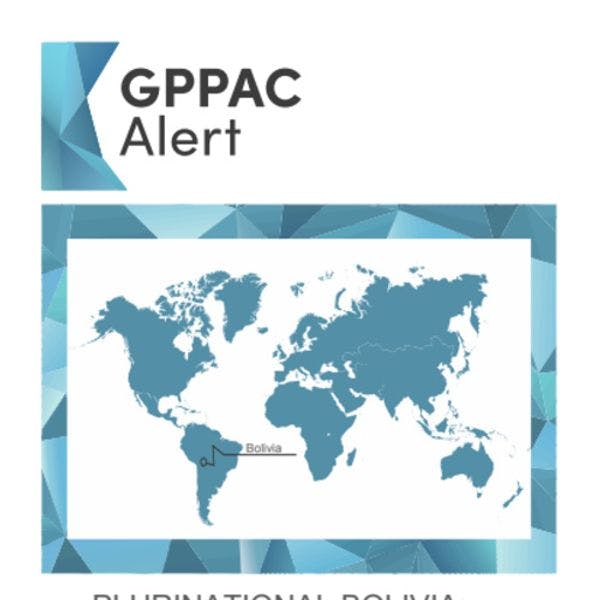Plurinational Bolivia: Change process and social conflict
In February 2016, the Bolivian President Evo Morales suffered electoral defeat for the first time in ten years. In a national referendum, a majority of voters rejected a proposal to bypass constitutional law and allow Morales to run in 2019 for his fourth consecutive presidential term.
That judgment, however definitive in legal terms, did not put an end to the controversy, and in the months following the referendum several attempts emerged to revoke its results. More recently, other signs of a growing political crisis reached the international media when Vice-minister Rodolfo Illanes was taken hostage and killed during negotiations with a belligerent group of cooperative mine workers in August 2016. As reflected in recent events, after a brief interruption in Morales’ first years of presidency, Bolivia’s political leadership is again subject to a growing risk of reaching high levels of contested governance. This paper explores the historical context, socio-economic and political developments that frame the current situation, from the perspective of state-society interactions in Bolivia. Based on this analysis, it identifies key actors and options for a conflict prevention and resolution agenda, and for safeguarding human Security in Bolivia going forward.
Keep up-to-date with drug policy developments by subscribing to the IDPC Monthly Alert.
